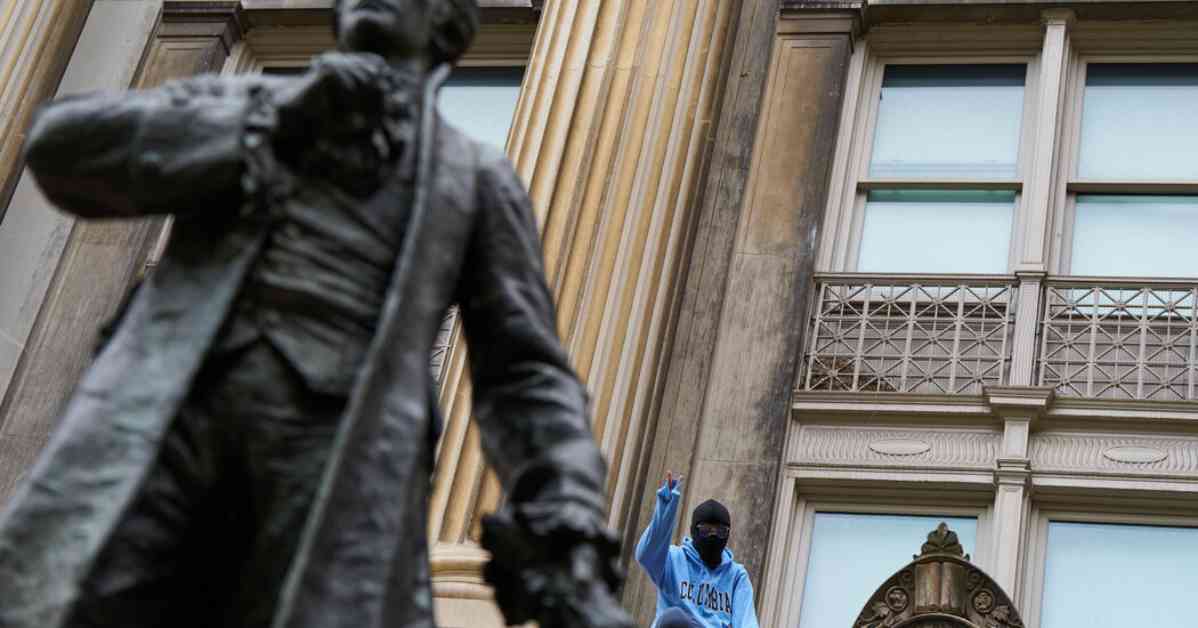Campus Protests and the First Amendment: A Deep Dive
As college campuses across the nation become hotbeds of activism and protest, the issue of First Amendment rights has come to the forefront. Students, faculty, and administrators are grappling with the implications of free speech, assembly, and expression in an academic setting. The recent protests at Columbia University have reignited the debate over where the line is drawn between protected speech and disruptive behavior.
Understanding the First Amendment and Campus Protests
The First Amendment of the United States Constitution guarantees the right to freedom of speech and peaceful assembly. However, the interpretation of these rights can vary, especially on college campuses. While public universities are required to adhere to the First Amendment, private universities have more leeway in setting their own standards for speech and protest.
Protesters often cite the First Amendment as justification for their actions, whether it be waving signs, occupying buildings, or chanting slogans. But legal scholars and university administrators question the validity of these claims, arguing that some tactics may go against the spirit of the amendment. The challenge lies in balancing the right to free expression with the need to maintain order and safety on campus.
The Role of Private Universities in Regulating Speech
Private universities, like Columbia University, have the authority to establish their own policies regarding speech and protest. While they may not be bound by the First Amendment in the same way as public institutions, private universities still value the principles of free expression and academic freedom. However, they also have a responsibility to ensure a safe and inclusive environment for all members of the university community.
Columbia University, for example, has implemented rules for demonstrations, such as designated protest zones and pre-registration requirements. These guidelines are intended to balance the right to free speech with the need for order and security on campus. While some may see these rules as restrictive, the university argues that they are necessary to protect the rights of all individuals on campus.
The Legal and Ethical Considerations of Campus Protests
When it comes to campus protests, there are legal and ethical considerations that must be taken into account. University administrators are tasked with upholding the rights of students and faculty while also maintaining a safe and productive learning environment. This can be a delicate balance, especially when faced with controversial or disruptive forms of protest.
The First Amendment guarantees the right to free speech and peaceful assembly, but it is not without limitations. Speech that incites violence, threatens public safety, or disrupts the functioning of the university may not be protected. In these cases, administrators have a duty to intervene and ensure that the rights of all individuals are respected.
In conclusion, navigating campus protests and understanding the implications of the First Amendment requires a delicate balance between free expression and maintaining order. As colleges and universities continue to be sites of activism and dissent, it is essential for all parties involved to uphold the principles of democracy and civil discourse. By engaging in open dialogue and respecting the rights of others, we can create a campus environment that fosters intellectual growth and social progress.




















